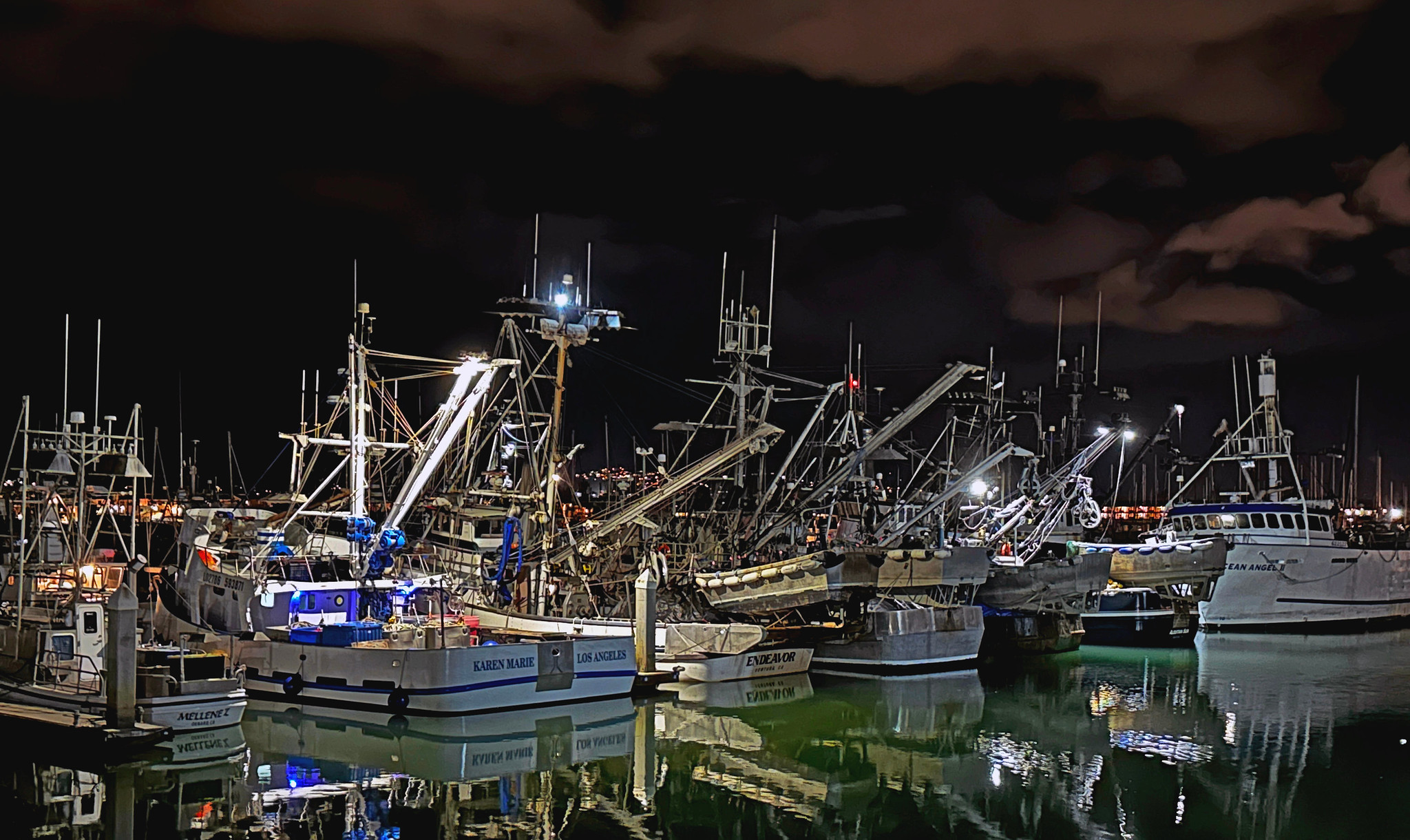Approach
The study investigated the sensitivity of this fishery to climate change, with a particular focus on the implications for policy interventions. The goal was to provide policymakers with the necessary data and insights to make informed, sustainable management decisions. The study addressed the following research questions:
- How do fluctuations in SST influence the distribution and abundance of Humboldt squid?
- What are the subsequent shifts in fishing demand and potential conflicts among fisheries?
- What specific challenges and opportunities for management enhancement exist in light of changing SST?
- What policy recommendations and fisheries management strategies can be developed to manage Humboldt squid fisheries sustainably in the context of climate change?
- How can the relevant Regional Fisheries Management Organizations, distant water fishing fleets, and adjacent countries collectively contribute to the sustainable management of the Humboldt squid in the context of climate change?
This project took place in three phases that combined ecological modeling with policy analysis. We began by reviewing scientific and socioeconomic literature to understand the biological sensitivity of Humboldt squid to SST changes and the fisheries economic significance. Next, we developed a data-driven fishery model to simulate future SST scenarios and predict Humboldt squid responses. This model integrated historical and current data from Global Fishing Watch and South Pacific Regional Fisheries Management Organization (SPRFMO), as well as bioeconomic parameters in the existing study of this fishery. We used this model to analyze the migration patterns of these squid in response to changing SST to predict shifts in fishing demand and the potential for conflict among fisheries. Finally, we assessed various fisheries management strategies specific to individual countries and regions, such as voluntary seasonal closures and enforced fishing moratoriums, to identify their effectiveness in addressing the challenges posed by climate change and overfishing.
